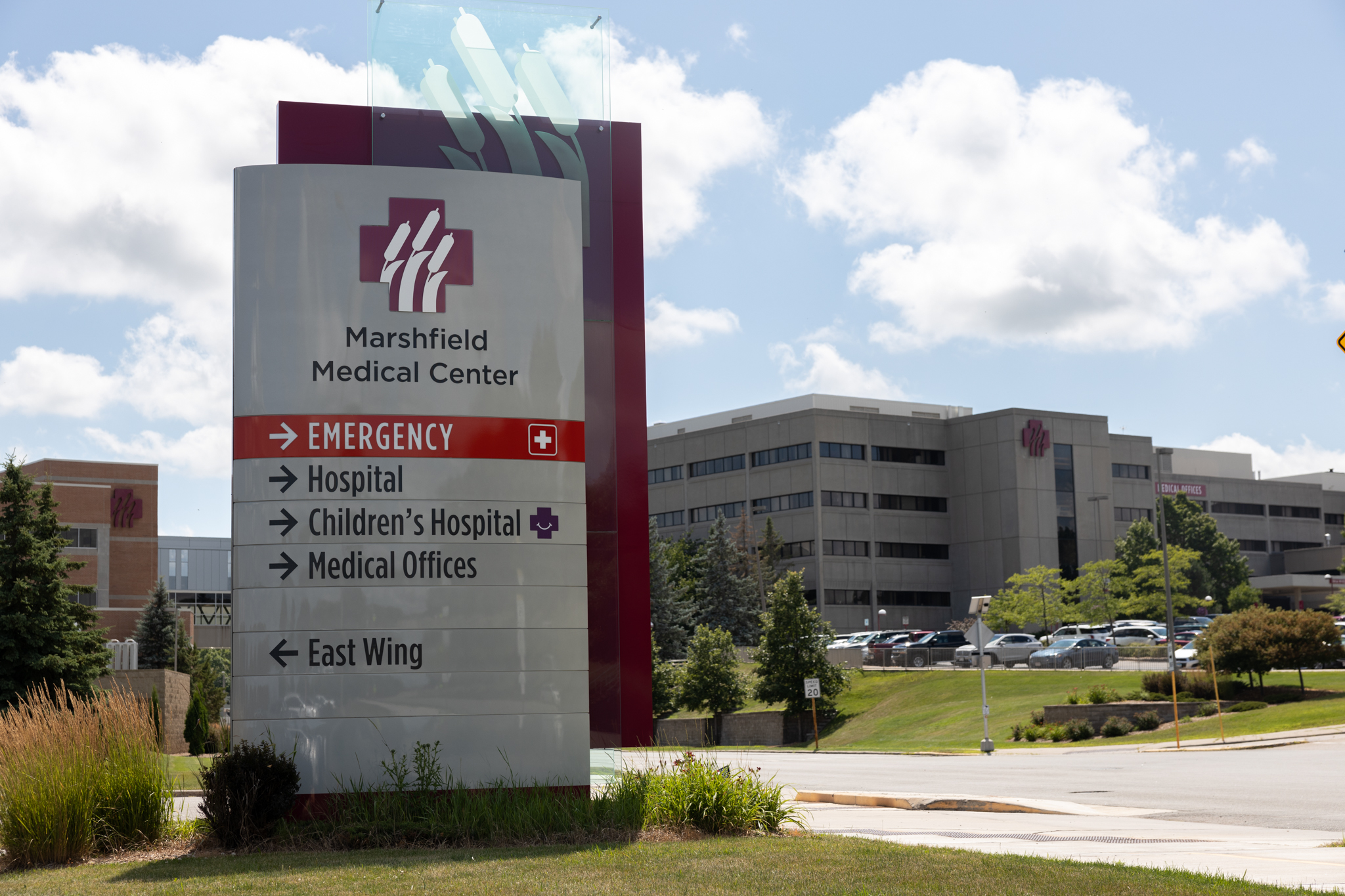Health clinics in grocery stores, pharmacies and other retail locations across the United States have grown in popularity in recent years. At least one provider of these clinics in Wisconsin is looking at expanding the services it offers.
Walgreens operates seven Take Care clinics in southeastern Wisconsin. Services include immunizations, back-to-school physicals and cholesterol screenings, which are all done by nurse practitioners and physician assistants.
Walgreens spokesperson Jim Cohn says Take Care clinics focus on acute and episodic care, but the company is looking at expanding its scope to chronic disease management of asthma, high blood pressure and diabetes. Cohn says, “[Retail health] clinics aren’t what I would consider a solution to a potential health care crisis in the U.S., but they’re absolutely an important part of the answer at this time.”
Stay informed on the latest news
Sign up for WPR’s email newsletter.
The American Medical Association and other professional groups have voiced concerns about retail clinics disrupting continuity of care. Cohn stresses that Take Care clinics are not meant to replace a patient’s regular doctor, assuming they have one. “Forty percent of our patients tell us that if it weren’t for our Take Care clinics in Wisconsin, and on a broader scale throughout the U.S., they would go to possibly the emergency room or an urgent care clinic or might not seek treatment at all.”
A national study in the journal Health Affairs says visits to retail health clinics increased four-fold between 2007 and 2009. In spite of that rapid growth, they still make up only a small share of overall visits to outpatient settings like doctors’ offices and emergency rooms.
Wisconsin Public Radio, © Copyright 2024, Board of Regents of the University of Wisconsin System and Wisconsin Educational Communications Board.



